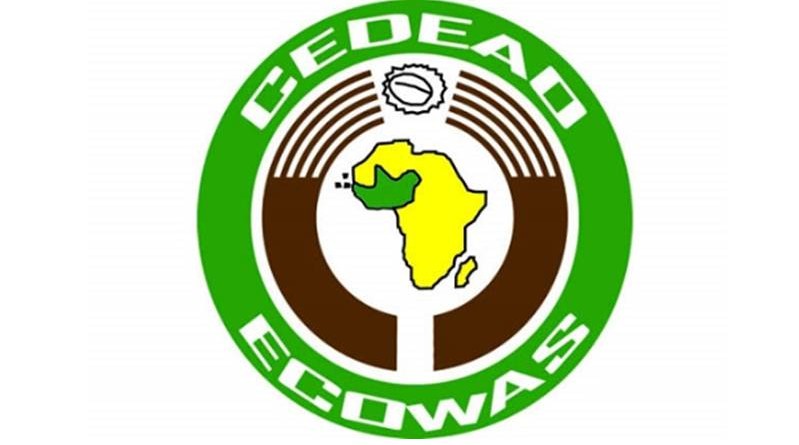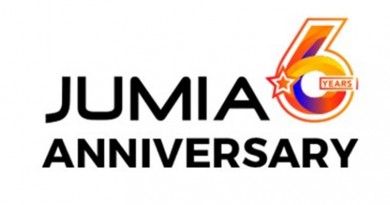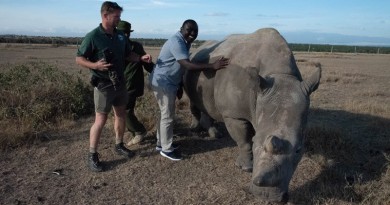ECOWAS records 3.3% regional growth in 2019 as investments hit $20b
Despite security challenges experienced by the Economic Community of West African States (ECOWAS), growth within the region hit 3.3 per cent while investments from development agencies like the African Development Bank (AfDB) rose to $20 billion. ECOWAS President, Jean-Claude Kassi Brou, noted that the region has received invaluable interventions that aided the implementation of numerous projects.
The region’s economy is showing positive achievements, reaching 3.3 percent growth in 2019, he said, “despite facing significant challenges, particularly with regards to security. ECOWAS member states have demonstrated remarkable resilience.”Brou, at the bloc’s fifty-sixth ordinary session, attended by regional heads of state and government, said the AfDB had provided “invaluable technical and financial interventions…in the implementation of numerous projects and programmes.”
In a speech, President Muhammadu Buhari assured ECOWAS that Nigeria is committed to regional integration, requesting members to channel collective energies toward accelerating sustainable peace, security, stability and inclusive economic growth.“It is always gratifying when our regional bloc comes together to advance our agenda for regional integration and promote the socioeconomic development of our sub-region,” he told the high-level meeting.
For his part, the President of the African Development Bank Akinwunmi Adesina, put the Bank’s current portfolio of investments in West Africa at $20 billion, with a strong focus on critical sectors.“The African Development Bank has always been there at the right time, with the right product, for the right needs of countries,” Adesina told delegates.
“Such was the case in Nigeria, where the Bank helped to provide $600 million of budget support that helped it get out of recession, a tough time for Nigeria. The Bank also provided $500 million to establish the Development Bank of Nigeria. Last week, we provided $280 million to support social investments in Côte d’Ivoire,” he added.“You can always count on the African Development Bank – your Bank,” Adesina assured delegates.
The Bank’s support in the region includes €525 million for the construction of the Blaise Diagne International Airport in Senegal, and $120 million for the new Terminal 3 of the Kotoka International Airport in Ghana AfDB also provided $30 million for the construction of the Mandela Praia Airport in Cabo Verde, and $130 million for Air Côte d’Ivoire to acquire a new aircraft fleet.
Other investments include €60 million for the Lomé Container Terminal port and another $96 million for the new landmark Senegambia Bridge that now links the Gambia and Senegal. A €183 million facility was critical for Senegal’s Regional Express Train.During its second Africa Investment Forum, in November, the Bank and its partners mobilised investments of $2.6 billion for the development of the Accra Sky Train, and $251 million towards the Lagos Cable Car Transit System projects.
Adesina also highlighted the Bank’s $1.5 billion financing for the development of major transport corridors to improve connectivity in the ECOWAS region. This includes the construction and rehabilitation of 4,000 kilometres of main corridor roads.
The Lagos-Abidjan Highway will become a reality; Adesina told regional leaders, as AfDB is providing $11.1 million to the ECOWAS Commission to develop the Master Plan for the highway corridor, with additional $13.5 million for feasibility studies to be completed next year. It expects construction to start in 2022.
Current initiatives include a $25 billion investment to turn Africa into a global powerhouse in food and agriculture. This includes financing special agro-industrial processing zones in northern Togo, Côte d’Ivoire, and Senegal.
During the one-day meeting, ECOWAS leaders deliberated on critical issues affecting the region, including the proposed ECO single currency regime for the sub-region and the Action Plan for Regional Security.Adesina summed up the Bank’s vision for ECOWAS: “An integrated monetary zone and financial markets; a free zone for trade, with free movement of people, capital, goods and services; an ECOWAS region whose new currency would be ECO; and the echoes of that will reverberate across the world.”




